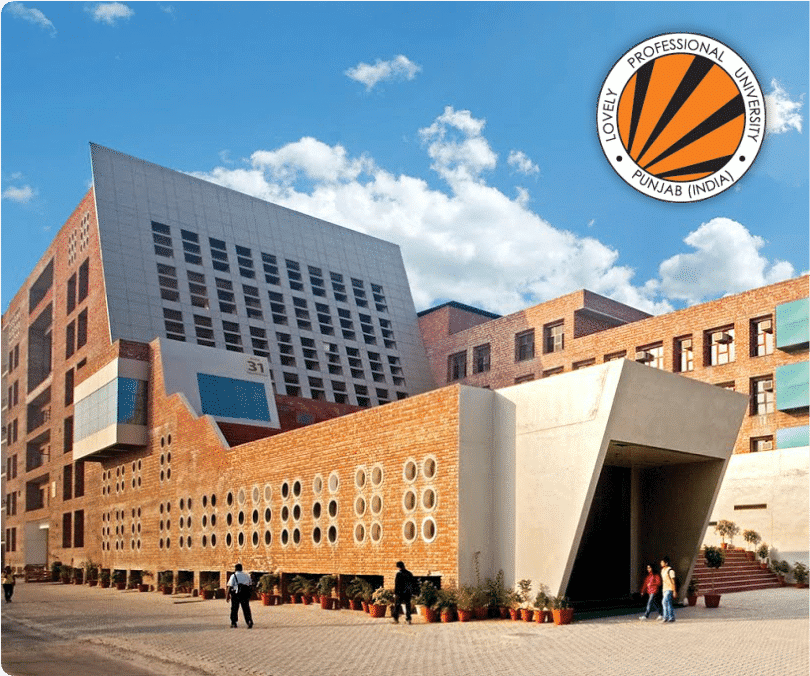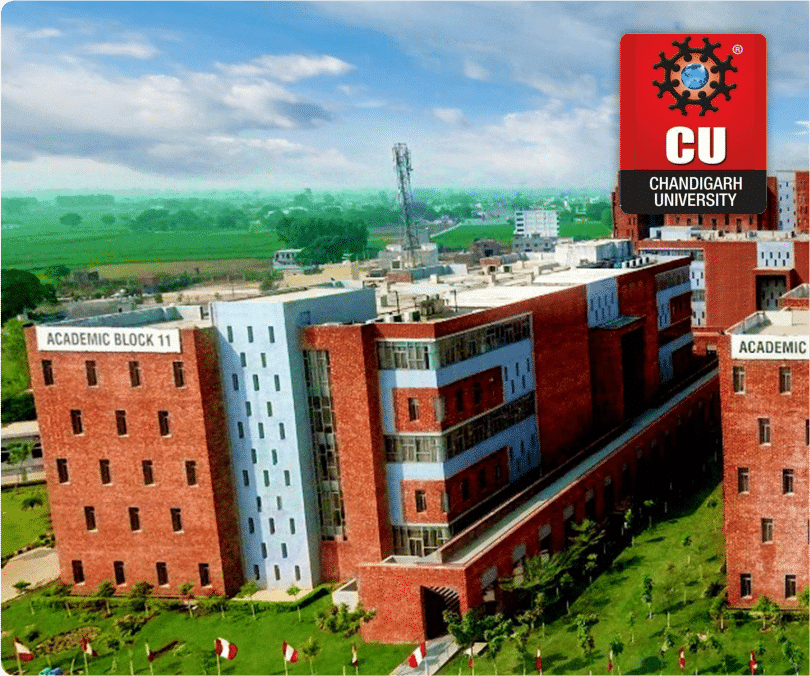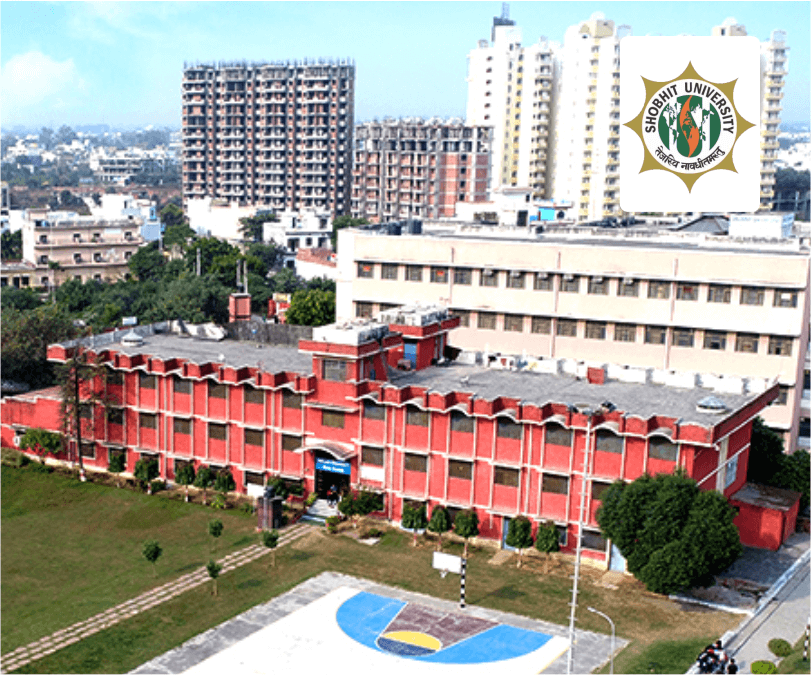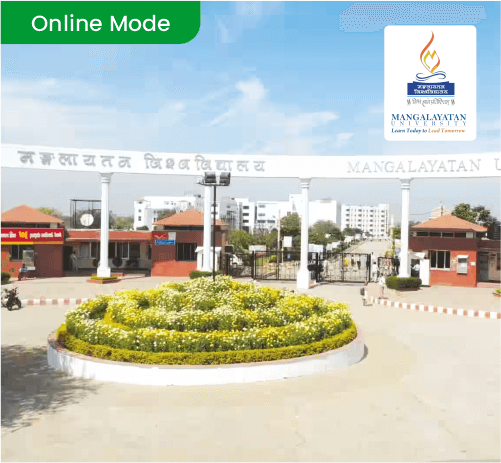

Importance of Critical Thinking in The Modern Era
The importance of critical thinking cannot be overstated in today’s dynamic and complex world. Defining critical thinking involves understanding it as a cognitive process, a skill set that includes analysis, interpretation, and evaluation. The modern era demands this form of deep, thoughtful consideration more than ever before.
The 7 Use of Critical Thinking in
Now, we’ll discuss the 7 uses of critical thinking in your real life that help you determine solutions, make informed decisions, and navigate the complexities of the modern era.
Problem-Solving
Critical thinking proves instrumental in effective problem-solving. It helps individuals dissect a problem, explore different perspectives, and make logical conclusions.
Real-world examples, like innovative solutions in scientific research or business strategies, often emerge from this intensive process.
Decision-Making
The correlation between critical thinking and informed decision-making is significant. Critical thinking encourages weighing alternatives and mitigates the risk of hasty, uninformed decisions. It illuminates the path to optimal choices, even in complex situations.
Real-life example, Suppose you’re a working professional looking for the right distance or online universities to do degree courses remotely. Now, this is complex because many universities are out there providing online courses.
You need to check several parameters like approvals, subjects in the course, and the validity of the degree in the corporate world. Here critical thinking plays a crucial role where you determine which is best for you.
Digital Era
The digital era presents both challenges and opportunities for critical thinking. In the face of information overload, the importance of critical thinking lies in its capacity to critically evaluate online content and distinguish credible sources from dubious ones.
Workplace
Professional environments demand the adept use of critical thinking. It enhances teamwork, streamlines problem-solving, and underpins astute decision-making. Employers increasingly value this skill, recognizing it as a catalyst for organizational success.
Innovation
Critical thinking and innovation go hand-in-hand. By stimulating creative thinking, critical analysis can lead to breakthrough ideas and out-of-the-box solutions.
The importance of critical thinking in this context is to challenge the status quo and inspire innovation.
Effective Communication
Critical thinking plays a pivotal role in bolstering communication skills. It aids in analyzing and evaluating arguments, evidence, and information, thereby facilitating more precise, clear, and convincing communication.
Global Citizenship
The importance of critical thinking extends to fostering global awareness and responsible citizenship. It helps in understanding diverse perspectives, promoting tolerance, and engaging in constructive dialogues — crucial elements for effective global citizenship.
Developing and Enhancing Critical Thinking Skills
Nurturing critical thinking skills involves practice and perseverance. Various strategies like questioning assumptions, seeking diverse viewpoints, and self-reflection can help.
Additionally, participating in debates or solving logic puzzles can also sharpen these skills.
Conclusion
In summary, the importance of critical thinking is profound and wide-ranging, touching all aspects of life, from professional to personal, from scientific exploration to global citizenship.
By cultivating this essential skill, we equip ourselves to navigate the complexities of the modern era with wisdom and insight.
Most Popular Blogs


Distance Education at Pondicherry University

Top 4 colleges to pursue Distance BBA in Andhra Pradesh

What are the top distance BSc colleges in Kerala

Know about the top 3 distance BCom universities in Madhya Pradesh



















